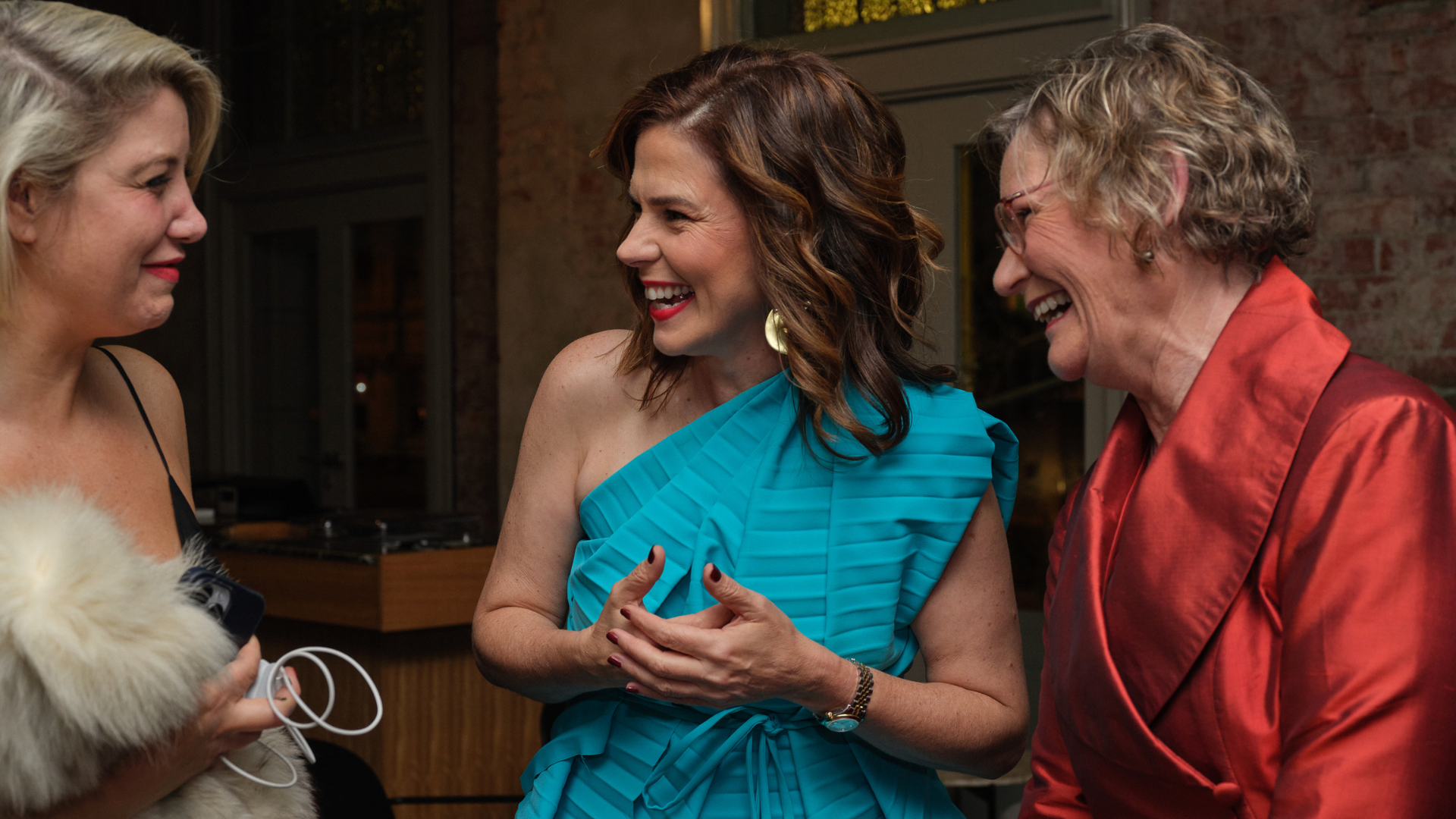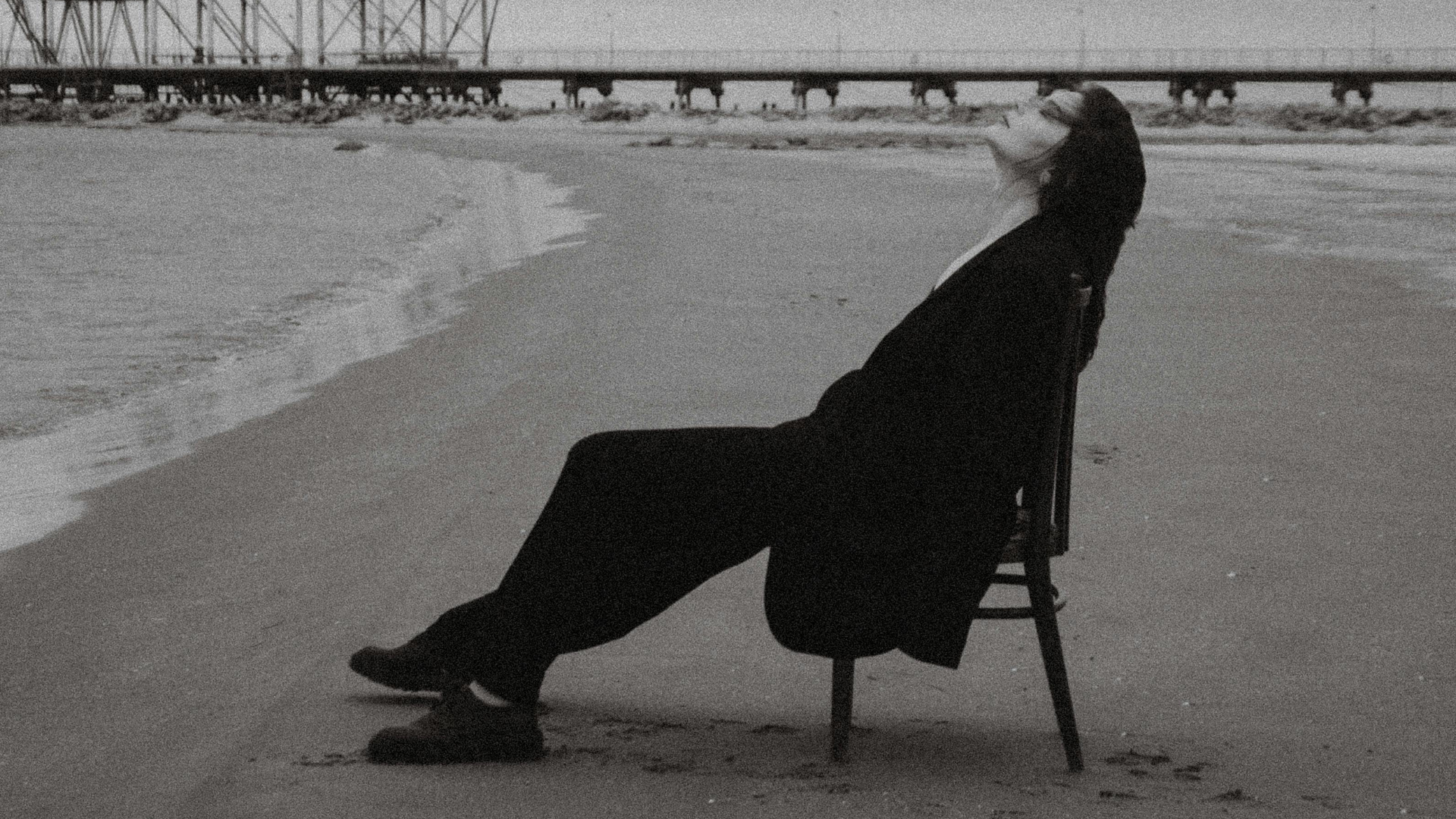In a world where your attention is the most valuable currency, taking back control is a radical act.
The constant hum of notifications and the pressure to stay connected aren’t just distractions—they’re barriers. Barriers to clarity, to connection, to the deep work that builds meaningful lives.
That’s where a digital detox comes in. This isn’t about deleting everything and retreating to a cabin in the woods (unless that’s your vibe). It’s about small, intentional steps to restore balance, protect your energy, and reconnect with what matters most.
If you don’t take control of your technology, it will control you.
The Rise of Tech-Free Spaces: A Global Signal
Across Europe, a quiet rebellion is taking shape. Cities like Paris, Berlin, and Lisbon are seeing a surge in ‘tech-free’ cafes and events. These aren’t places to Instagram your latte or reply to emails between sips of espresso. They’re havens for face-to-face connection—a way to reclaim what’s been lost.
In Valencia, some cafes are turning off Wi-Fi entirely or banning laptops during peak hours. Others charge fees for extended laptop use, not to make more money but to make a statement: These spaces are for human connection, not silent digital work.
What’s driving this movement? It’s a collective realisation that while technology can connect us, it can also isolate us.
The best conversations don’t happen over text. They happen face-to-face, without the glow of a screen.
Why Do a Digital Detox?
Here’s the reality: technology isn’t going anywhere. But that doesn’t mean we’re powerless.
A digital detox isn’t about demonising technology—it’s about reclaiming our agency. It’s about creating intentional boundaries so we can reconnect with what matters most: clarity, connection, and calm.
Think about it:
- Mental Clarity: How often do you find yourself reaching for your phone without thinking? Those micro distractions add up, leaving your mind foggy and restless. Stepping back creates room for reflection and focus.
- Better Sleep: Blue light doesn’t just mess with your eyes; it messes with your sleep. Unplugging before bed allows your body to rest deeply, leaving you more energised for the day ahead.
- Stronger Relationships: Ever been in a conversation where someone keeps glancing at their phone? How did it make you feel? Imagine flipping that script—being fully present and creating space for real connection.
- Reconnection with Yourself: Without the constant pull of notifications, you’re left with your own thoughts. That might sound intimidating, but it’s where true self-discovery begins.
Disconnecting from technology isn’t about rejection. It’s about redirection.
4 Strategies to Build a Sustainable Digital Detox
Turning off your phone for a weekend isn’t enough. A sustainable digital detox is about shifting your mindset, not just your screen habits. Here’s how to start:
- Replace, Don’t Remove
Scrolling has become a reflex for most of us. Simply “putting the phone down” leaves a void. Instead, replace that habit with something meaningful: pick up a book, try journaling, take a walk, or start a puzzle. These activities don’t just distract—they nourish your mind and soul. - Redefine Social Connection
Technology promises connection but often delivers loneliness. Instead of group chats, organise a coffee date or dinner with friends. Leave your phone out of sight. Research shows even the presence of a phone on the table reduces the quality of conversations. - Practice Stillness
We’ve grown so uncomfortable with silence that we fill every gap with noise—social media, streaming, news. But stillness is where we hear ourselves. Spend 10 minutes a day sitting quietly, breathing deeply, or simply listening to nature. It’s in those moments that clarity emerges. - Build Rituals, Not Resolutions
A one-time detox feels good in the moment, but it’s long-term habits that make the difference. Create rituals like “tech-free Sundays,” designate ‘no-phone zones’ in your home, or set a daily phone curfew. These small steps, repeated consistently, lead to profound shifts.
My Personal Detox Journey
I’m not just writing about it this year—I’m living it.
I’ve deleted all social media apps from my phone and paused client work for three weeks. My assistant will handle anything urgent, but otherwise, I’m off the grid.
This isn’t about being less busy—it’s about recalibrating.
For me, this is a chance to reconnect with my family, spend uninterrupted time outdoors, and create space for deep reflection. It’s a way to live intentionally, rather than reactively.
The best connections aren’t Wi-Fi enabled—they’re human-enabled.
Your Turn to Disconnect
If you’re ready to take back your time and attention, start small:
- Delete just one social media app and see how it feels.
- Establish a “no-phone” zone in your home—like the bedroom or dining table.
- Plan one weekly phone-free activity with loved ones, like a hike or a board game night.
This isn’t about perfection; it’s about intention.
Your phone will wait. Life won’t.
Your phone will still be there when you return. But the clarity, calm, and connection you gain in the process will be well worth it. So, how will you disconnect to reconnect this season?
Justine Campbell is a licensed clinical therapist turned solutions-focused coach for entrepreneurs, expats, and global leaders seeking greater impact, joy, and alignment. With over three decades of experience living and working across eight countries, she deeply understands the complexities of navigating uncertainty. Justine empowers her clients to embrace self-leadership, fostering growth and creating a life they love—starting with a stronger connection to themselves.


